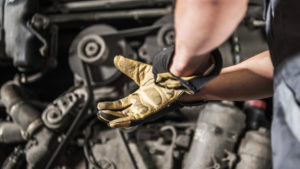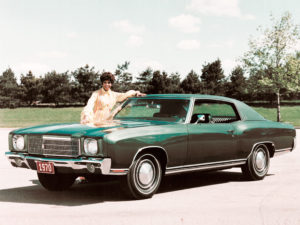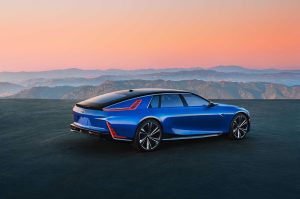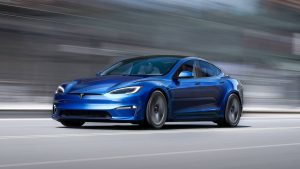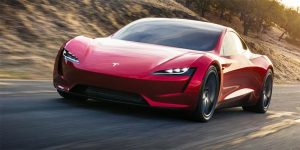Its prototype is becoming a reality, at least on the racing circuit. Toyota has announced that it is developing a hydrogen engine that will be installed and tested in a Corolla Hatchback. That car will be raced under the ORC ROOKIE Racing banner.
Toyota, like Hyundai and other companies, has made it publicly known that they see battery electric vehicles (BEVs) as a bridge between internal combustion engines (ICEs) and the eventual takeover of hydrogen fuel cell electric vehicles (FCEV).
Toyota currently sells the Mirai FCEV, a model currently in its second generation that underwent a major makeover last year. It uses a fuel cell in which hydrogen chemically reacts with oxygen in the air to produce electricity that powers an electric motor. Vehicles with hydrogen engines generate power through the combustion of hydrogen using fuel and injection systems that have been modified from those used with gasoline engines.
Image of a hydrogen engine
www.youtube.com
Except for the combustion of minute amounts of engine oil during driving, which is also the case with gasoline engines, hydrogen engines emit zero carbon dioxide when in use. This is why you’ll often hear them referred to as having “zero tailpipe emissions”.
Hydrogen engines have some advantages over ICE vehicles besides emissions. The combustion in a FCEV happens faster than in a ICE giving the car better throttle responsiveness.
The hydrogen-engine-powered race vehicle announced today will be fueled during races suing hydrogen produced at Fukushima Hydrogen Energy Research Field in Namie Town, Fukushima Prefecture.
Japan, like the U.S., Korea, and Europe faces an uphill battle when it comes to hydrogen production and fueling stations. In the U.S., much progress toward mass adoption of FCEVs is help up by local laws, but recently implementing of hydrogen-powered tractor trailers at ports has been gaining steam as regulators see major environmental upsides for their communities.
The turbocharged 1.6-liter three-cylinder engine will undergo its first test at the Super Taikyu Series 2021 Powered by Hankook Round 3 NAPAC Fuji Super TEC 24 Hours Race on May 21-23.




